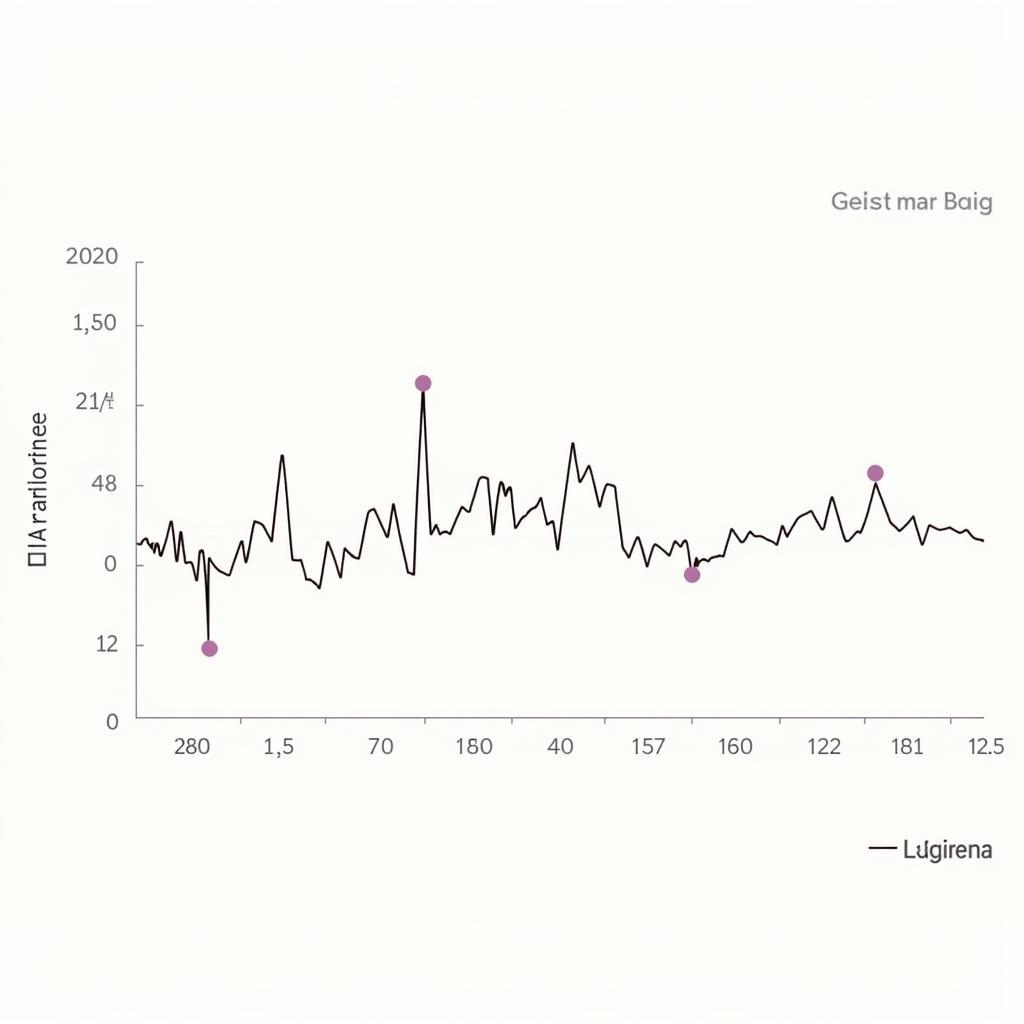Exploring the African Journal of Medicinal Plant
The African Journal of Medicinal Plant plays a crucial role in documenting and disseminating knowledge about traditional medicine and the rich biodiversity of the African continent. This journal offers a platform for researchers to share their findings on the properties and uses of medicinal plants, contributing significantly to the global understanding of natural remedies.
The journal covers a broad range of topics, from ethnobotanical studies to pharmacological investigations of plant extracts. It serves as a vital resource for scientists, healthcare professionals, and anyone interested in learning more about the therapeutic potential of African flora. The rigorous peer-review process ensures the quality and reliability of the published research, further enhancing the journal’s credibility. For instance, an article might detail the chemical composition of a specific plant, its traditional uses, and the results of laboratory tests evaluating its efficacy. This information can be invaluable for developing new drugs or improving existing treatments.
The Importance of Documenting Traditional African Medicine
Traditional medicine has been an integral part of African cultures for centuries. Knowledge of medicinal plants is often passed down through generations, playing a vital role in healthcare systems across the continent. The African Journal of Medicinal Plant recognizes the importance of documenting this traditional knowledge and making it accessible to a wider audience. This documentation not only helps preserve valuable cultural heritage but also provides a foundation for scientific investigation and potential drug discovery. The journal actively encourages submissions from researchers across Africa, promoting collaboration and the sharing of expertise. This collaborative approach is essential for advancing the field of medicinal plant research and ensuring that the benefits are shared across the continent. You can find helpful information on similar topics by checking out the African Berry Health Benefits.
Ethnobotanical Studies and Their Contribution
Ethnobotanical studies, a key area of focus for the African Journal of Medicinal Plant, involve researching how different cultures use plants for medicinal purposes. These studies are essential for understanding the traditional applications of plants, identifying potentially beneficial species, and preserving indigenous knowledge. They often involve fieldwork, interviews with local communities, and careful documentation of plant uses and preparations. By combining traditional knowledge with scientific analysis, ethnobotanical studies contribute significantly to our understanding of the therapeutic potential of African plants. Researchers can then use this information to conduct further investigations into the chemical composition and pharmacological activity of these plants.
Pharmacological Investigations and Drug Discovery
The African Journal of Medicinal Plant also publishes research on the pharmacological properties of plant extracts. This research involves laboratory studies to evaluate the biological activity of plant compounds and their potential for treating various diseases. These investigations often focus on identifying the active ingredients in plants, understanding their mechanisms of action, and assessing their safety and efficacy. The journal plays a crucial role in disseminating these findings, facilitating the development of new drugs and therapies based on African medicinal plants. The stringent peer-review process ensures the quality and validity of the published research, contributing to the overall advancement of the field. Learn more about related studies by exploring the African Journal of Biotechnology Country.
Challenges and Opportunities in Medicinal Plant Research
While the field of medicinal plant research holds immense promise, it also faces several challenges. One of the main challenges is the need for sustainable harvesting and conservation practices to ensure the long-term availability of medicinal plants. Another challenge is the need for more research to validate the traditional uses of these plants and to ensure their safety and efficacy. The African Journal of Medicinal Plant has a commitment to publishing relevant, important work on the African Black Strain. Despite these challenges, there are also significant opportunities. The rich biodiversity of Africa offers a vast untapped resource for drug discovery, and the increasing interest in natural remedies creates a growing market for medicinal plant products.
The Future of African Medicinal Plant Research
The future of African medicinal plant research is bright. With continued support for research and development, the African Journal of Medicinal Plant will undoubtedly play a vital role in unlocking the full potential of African flora for improving human health. The journal encourages submissions on innovative research methodologies, clinical trials, and the development of standardized herbal products. The African J Plant Science ISSN No Is provides further insights into related botanical research. This focus on innovation and standardization is crucial for integrating traditional medicine into mainstream healthcare systems and ensuring its accessibility and safety for all.
Dr. Abimbola Adebayo, Ethnobotanist, University of Ibadan, Nigeria: “The African Journal Of Medicinal Plant is an invaluable resource for researchers and practitioners alike. It provides a platform for sharing critical knowledge and advancing the field of medicinal plant research in Africa.”
Professor Omar Hassan, Pharmacologist, University of Nairobi, Kenya: “The journal’s commitment to rigorous peer review ensures the quality and credibility of the published research, making it a trusted source of information for the scientific community.”
Conclusion
The African Journal of Medicinal Plant serves as a crucial platform for disseminating knowledge and advancing research on the therapeutic potential of African plants. By documenting traditional knowledge, facilitating scientific investigation, and promoting sustainable practices, the journal contributes significantly to the global understanding and appreciation of African medicinal plants.
FAQ
- What is the scope of the African Journal of Medicinal Plant?
- How can I submit my research to the journal?
- What are the peer-review criteria for the journal?
- Where can I access the journal’s archives?
- Does the journal publish articles in languages other than English?
- How does the journal contribute to the conservation of medicinal plants?
- What is the impact factor of the African Journal of Medicinal Plant?
For further information on enhancing male virility, consider exploring the benefits of African Black Ant King Pills for Sale.
Need support? Contact us 24/7: Phone: +255768904061, Email: kaka.mag@gmail.com, or visit us at Mbarali DC Mawindi, Kangaga, Tanzania.


